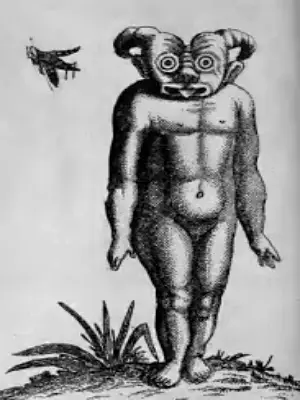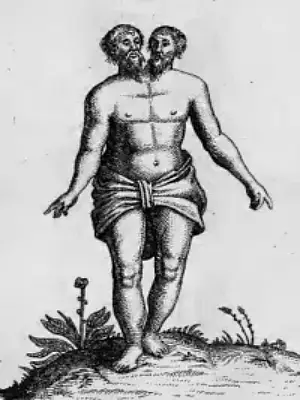Maternal impression is a fascinating topic that deserves more attention. This concept suggests that a mother’s experiences and emotions during pregnancy can influence her child’s development. The idea dates back to ancient times, with Pliny the Elder mentioning it in his work, Natural History. He claimed that female bears give birth to shapeless blobs, which the mother then licks into bear shapes. This notion hints at the belief that external factors can alter a fetus or newborn.
At its core, maternal impression posits that a mother’s feelings and experiences can affect her child’s physical and psychological traits. Most discussions focus on negative outcomes, often seeking explanations for birth defects. However, there is also a positive side to this theory, which we will explore later.
The Dark Side of Maternal Impression
Research shows that if a pregnant woman experiences a shock or fixates on a distressing thought, it may impact her child. Shocks can come from various sources, such as encounters with animals, accidents, or intense fears.
For instance, in Studies in the Psychology of Sex, Havelock Ellis recounts several cases. One mother witnessed her pet rabbit being attacked by a cat, and her child was born with deformed hands and feet. Another woman was kicked by a cow while milking, resulting in her child having a growth resembling an udder.

These examples are not isolated. Many physicians in the late 19th century cited numerous cases of maternal impression as evidence of its validity. In November 1898, Dr. Godfrey presented statistical data to the British Medical Association, suggesting a small correlation between maternal experiences and birth defects. He concluded that pregnant women should avoid emotional disturbances, especially negative ones.
The Positive Spin
Conversely, if a mother experiences positive influences, the benefits may also be passed to her child. Common sense suggests that a happy mother is likely to have a happy baby. Today, many expectant parents play soothing music or read uplifting stories to their unborn children, believing these experiences will foster a positive environment for development.
Eugenics and Maternal Impression
In the late 19th and early 20th centuries, eugenicists embraced the idea of maternal impression. They believed that controlling a mother’s experiences could lead to the creation of a “master race.” They often used the metaphor of a fruit tree, suggesting that good fruit could come from well-cared-for branches, while bad fruit needed to be pruned away.

C.J. Bayer, in his book Maternal Impressions (1897), argued that education should protect society from ignorance, including the production of “criminals, unpredictable, and deformed” children. This perspective is shocking, as it unfairly categorizes individuals based on their parents’ experiences.
A Tragic Case
Dr. Johnston of Birkenhead shared a heartbreaking story in the British Medical Journal in March 1885. A 42-year-old woman, Mrs. A.T., was pregnant with her eleventh child. During her delivery, it was discovered that she was having twins connected at the neck. Tragically, both were stillborn. The mother had fainted earlier in her pregnancy after seeing a two-headed nightingale, which she believed contributed to the outcome. Devastated, she took her own life three days later.
Conclusion
Maternal impression raises intriguing questions about the connection between a mother’s experiences and her child’s development. While many historical cases focus on negative outcomes, the potential for positive influences cannot be ignored. As we continue to explore this topic, it is essential to approach it with an open mind and consider the broader implications of maternal experiences on fetal development.
Tomorrow, we will delve deeper into the mysterious “Two-Headed Nightingale” and its significance in this context. Stay tuned!

